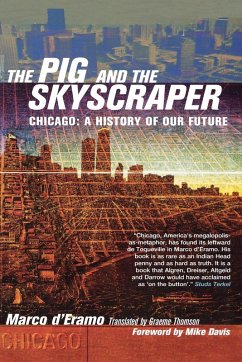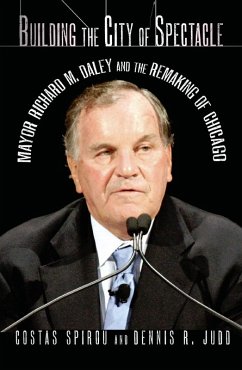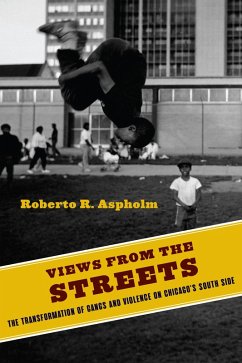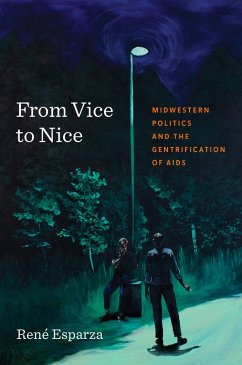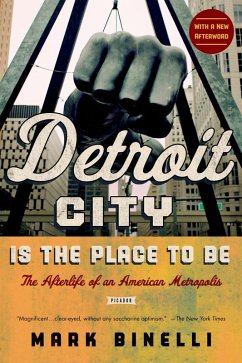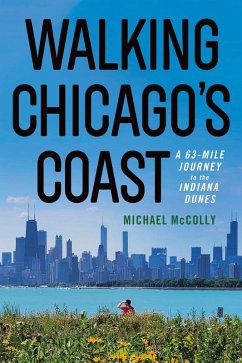
The World Is Always Coming to an End (eBook, ePUB)
Pulling Together and Apart in a Chicago Neighborhood

PAYBACK Punkte
0 °P sammeln!
This portrait of Chicago's South Shore and its people is "a thought-provoking deep dive into a neighborhood that remains in perpetual transition" ( Kirkus Reviews). An urban neighborhood remakes itself every day-and unmakes itself, too. It is houses and stores and streets, but it's also people-the people who make it their home, some eagerly, others grudgingly. A neighborhood can thrive or it can decline, and neighbors move in and move out. Sometimes they stay but withdraw behind fences and burglar alarms. If a neighborhood becomes no longer a place of sociability and street life, but of privac...
This portrait of Chicago's South Shore and its people is "a thought-provoking deep dive into a neighborhood that remains in perpetual transition" ( Kirkus Reviews). An urban neighborhood remakes itself every day-and unmakes itself, too. It is houses and stores and streets, but it's also people-the people who make it their home, some eagerly, others grudgingly. A neighborhood can thrive or it can decline, and neighbors move in and move out. Sometimes they stay but withdraw behind fences and burglar alarms. If a neighborhood becomes no longer a place of sociability and street life, but of privacy indoors and fearful distrust outdoors, is it still a neighborhood? In the late 1960s and 1970s Carlo Rotella grew up in Chicago's South Shore neighborhood-a place of neat bungalow blocks and desolate commercial strips, and sharp, sometimes painful social contrasts. In the decades since, the hollowing out of the middle class has left residents confronting-or avoiding-each other across an expanding gap that makes it ever harder for them to recognize each other as neighbors. Rotella tells the stories that reveal how that happened-stories of deindustrialization; stories of gorgeous apartments with vistas onto Lake Michigan and of Section 8 housing vouchers held by the poor. At every turn, South Shore is a study in contrasts, shaped and reshaped over the past half-century by individual stories and larger waves of change that make it an exemplar of many American urban neighborhoods. Talking with current and former residents and looking carefully at the interactions of race and class, persistence and change, Rotella explores the tension between residents' deep investment of feeling and resources in the physical landscape of South Shore and their hesitation to make a similar commitment to the community of neighbors living there. "Unlike any work of contemporary urban studies that I know. It combines elements of journalism, archival research, ethnography, and memoir in a study of South Shore-the South Side, Chicago, neighborhood in which Carlo grew up, in the 1970s. It's at times lyrical, at times analytic, and always engaging." -Eric Klinenberg, Public Books




